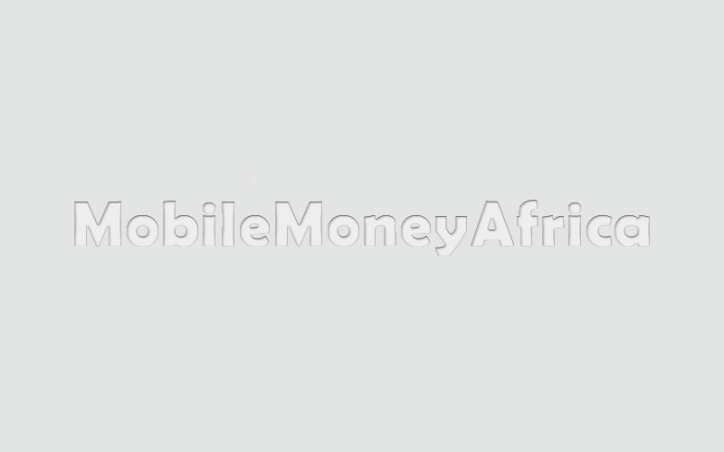Cashing in: why mobile banking is good for people and profit

APRIL 09,2014.
Erin Scronce in Washington, DC
The Guardian.
Whether it is lack of access to water, energy or education, development professionals are well versed in the plethora of challenges facing billions of people. The traditional approach to solving these problems has been to think big – in terms of the millennium development goals, government aid programmes, or huge fundraising campaigns.
But there are dozens of startups and larger companies with innovative ideas who are approaching these challenges in new ways using digital finance. The success of M-Pesa, which reaches 18.2m registered users in Kenya alone, shows (pdf) how digital finance can become rooted in a country's economy, but success stories aren't limited to Kenya. Digital finance has taken off in countries as diverse as Bangladesh, whereBKash [development] serves 8m registered users with payments and remittances through a network of 76,000 agents, and Pakistan, whereEasyPaisa, the third largest mobile money deployment in the world, reaches 7.4m users. Chidi Okpala, director and head of Airtel Money – Africa, a mobile money service with an active base of 5m customers,sees mobile financial services "tapping in" to other areas like healthcare, agriculture, and education.
Bridge International Academies is one company that's already ventured into the education space in Kenya. Its "academy in a box" relies heavily on technology to deliver quality, affordable education to children whose families live on less than $2 a day. So far, the for-profit education company has enrolled over 80,000 students in the programme, which equips teachers with a tablet to deliver standardised instruction. Parents use mobile money accounts to pay the approximately $6 monthly fee, 40% cheaper than other low-cost private schools in the company's communities. Bridge makes the financially complicated process of paying for school easier for families by digitising it (94% of Bridge's families havemobile phones) and making it more affordable.
The success of M-Pesa and Bridge International illustrates that well-defined needs can be addressed with creative applications of digital finance – what CGap refers to as 'digital finance plus companies' and the Washington-based partnership has identified more than 50 in 12 countries who are taking new and exciting approaches to increasing access to clean water, energy, education, health and agriculture. Whether it's Sarjaval building affordable access to safe drinking water in India, EcoEnergy Finance providing solar energy to communities in rural Pakistan, or others, all these companies share two common characteristics: they aim to solve a fundamental access problem and they rely on digital finance to make their model work. It can be expected that some of these businesses will disrupt traditional models of providing basic services to communities at the base of the economic pyramid.
Still, enthusiasm surrounding digital finance must be tempered with caution. The industry is young, and many of these businesses have yet to prove whether or not they can scale in order to make an impact. Technology is certainly not a silver bullet to ending global poverty, and there have been obvious challenges in using it to reach the unbanked. These include, for example, low uptake of mobile offerings – as shown in Nigeria and Ghana, the preference for in-person transactions in countries like Pakistan, the manner in which illiteracy nearly guarantees that mobile banking will leave some people – especially women – behind, and inactive registered customers. These aren't challenges with obvious solutions, but each scenario offers lessons for future projects.
What gives digital finance plus companies an advantage is that they set out to tackle problems that are central to the lives of poor people. And ultimately, these companies recognise the high-growth opportunity associated with powering their innovations with mobile financial services – 50% of people in the developing world now have access to a mobile phone even if they don't own one. As GSMA, the association of mobile phone operators, has pointed out, more people have access to the mobile network than energy or water. In this way, we see a potential win-win scenario: not only could digital finance be a game-changer, bringing the poor into the formal financial system, but it also stands to directly benefit companies who can take their ideas to scale and reach millions of underserved people.
Erin Scronce is web editor at CGAP (the Consultative Group to Assist the Poor) is a global partnership set up to advance financial inclusion. Follow@ErinScronce on Twitter
 Africas leading resource for digital financial services
Africas leading resource for digital financial services


comments